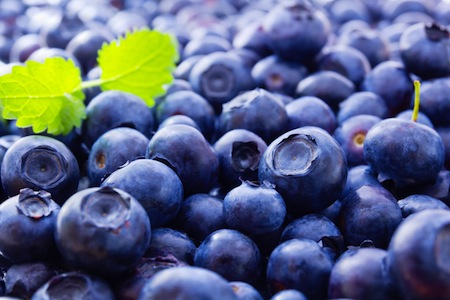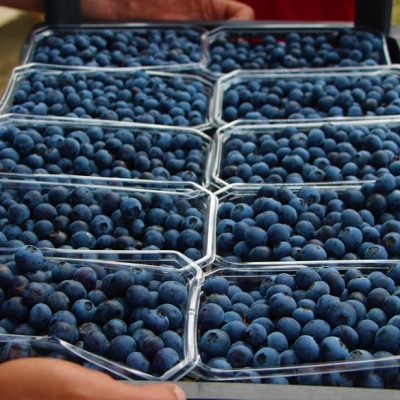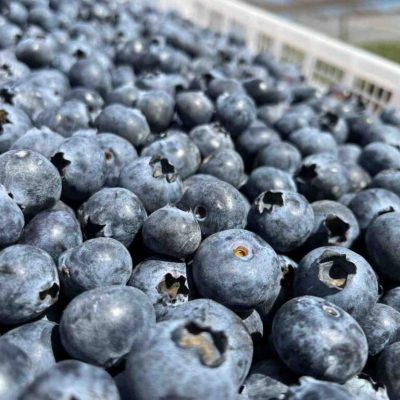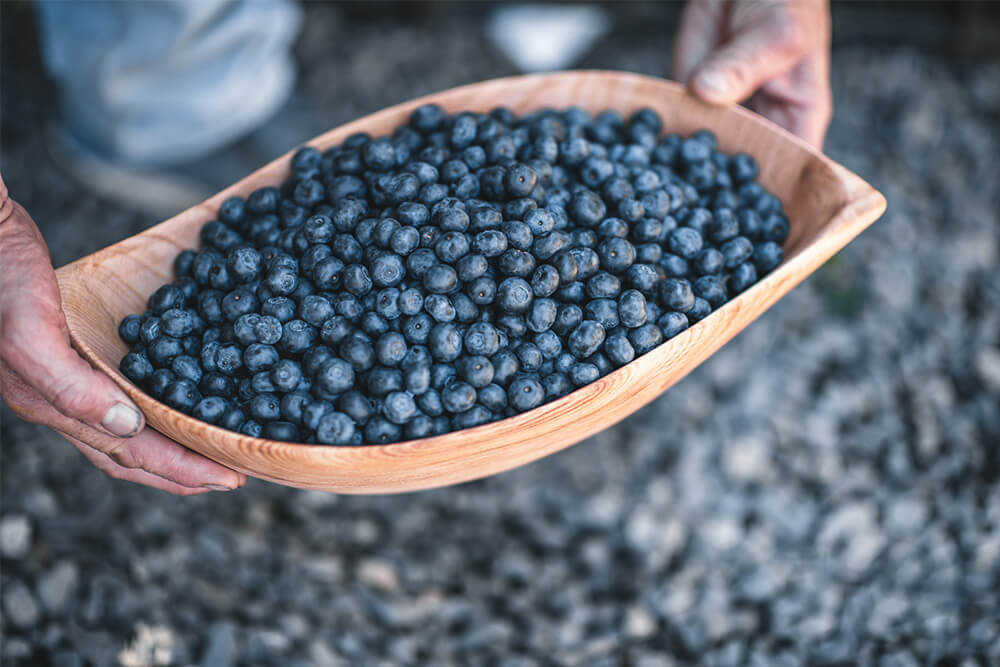Washington blueberries look to Asia, as growers await highest volumes in decade
The United States produced 711.2 million pounds of blueberries in 2023, making it the global leader in production. The North American Blueberry Council’s annual production report predicts a potential increase in volume for 2024.
While production in California, Washington, and Oregon saw modest declines in 2023, the output for Washington state reached 74,842 metric tons, with fresh blueberries making up 31.0% of the total.
The council forecasts growth across all three states in 2024 and predicts that blueberry production will reach the highest levels in a decade.
During the Washington Blueberry Commission (WBC) meeting on April 8, Executive Director Alan Schreiber said the 2024 production estimate remains unchanged, but the number will be revised again in June.
The crop looks good, producers say; however, a more accurate estimate of the season’s total volumes will depend on weather conditions in upcoming weeks.
Promotions and exports
U.S. blueberries are exported mainly to Canada, accounting for 96% of all fresh-cultivated blueberry exports. Due to its location and consumer preference for the fruit, Canada has proven profitable. Exporters are now looking at Asia, however, to expand their markets.
WBC is working on promotion campaigns in Indonesia, Thailand, South Korea, and Malaysia.
The organization has allocated over $350,000 for promotions this year, including retail marketing.
In India, they have a program in which they invested $35,000 for promotional efforts.
Last year, India agreed to reduce tariffs on some U.S. ag products including fresh, frozen, and dried blueberries and cranberries.
Initially, Washington plans to ship only frozen blueberries to India, with a bigger program expected for 2025-26, committee members said during the meeting.
“The India program is a hot topic, and we have seen that the Washington Apple Commission got full approval and sent out their first big shipments to India,” Schreiber said during the meeting. “We want to piggyback as much as we can from that and see if we can develop a program in the future for frozen, and probably for fresh.”
A study conducted by the US Highbush Blueberry Council found that most U.S. exporters they interviewed ranked South Korea as the top opportunity market in terms of geography, followed by India and Singapore.
Concerning market access opportunities, Canada, Mexico, and Hong Kong ranked first among those interviewed.
The same survey found that Peru and Chile consistently rank at the bottom in terms of opportunity because of their large and growing domestic blueberry industries.
Australia and South Africa are also low in the priority market access rankings because they are highly protective of their domestic blueberry industry, which poses “significant challenges to market access for U.S. blueberry exporters.”
South Korea is one of the up-and-coming markets for Washington blueberries.
Committee members said this year’s program will probably be “very similar to the one last year.”
Domestic market
The domestic market also looks promising for blueberries this year. Between mid-July and August, retailers including Safeway, Albertsons, and Kroger will be selling conventional fresh blueberries out of Washington.
This exclusive four-week program gives a good market window for Washington growers to promote their fruit.
Committee members agreed that there has to be a new promotion style for blueberries, focused on their health benefits.
They said only 49% of U.S. households currently consume blueberries, meaning there is still huge room for growth.
10.04.24
Source: Freshfruitportal.com





